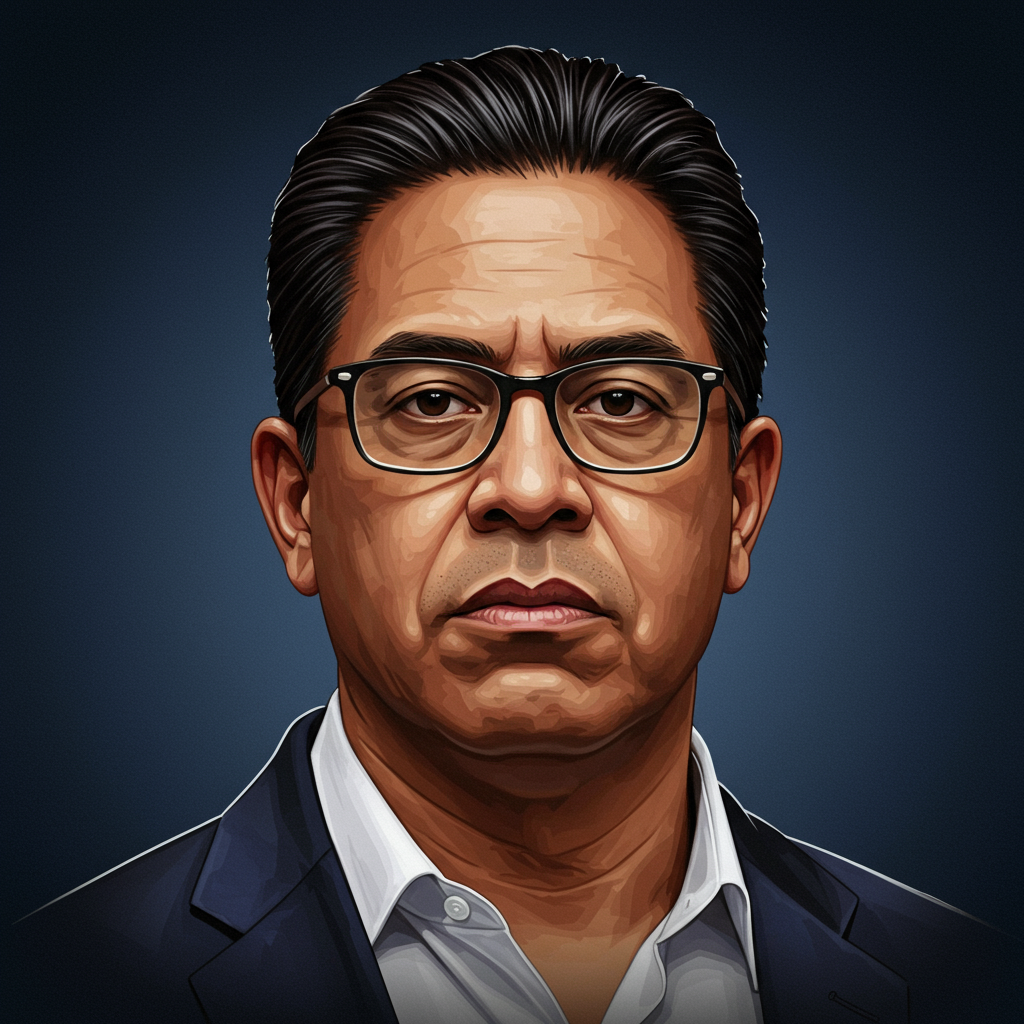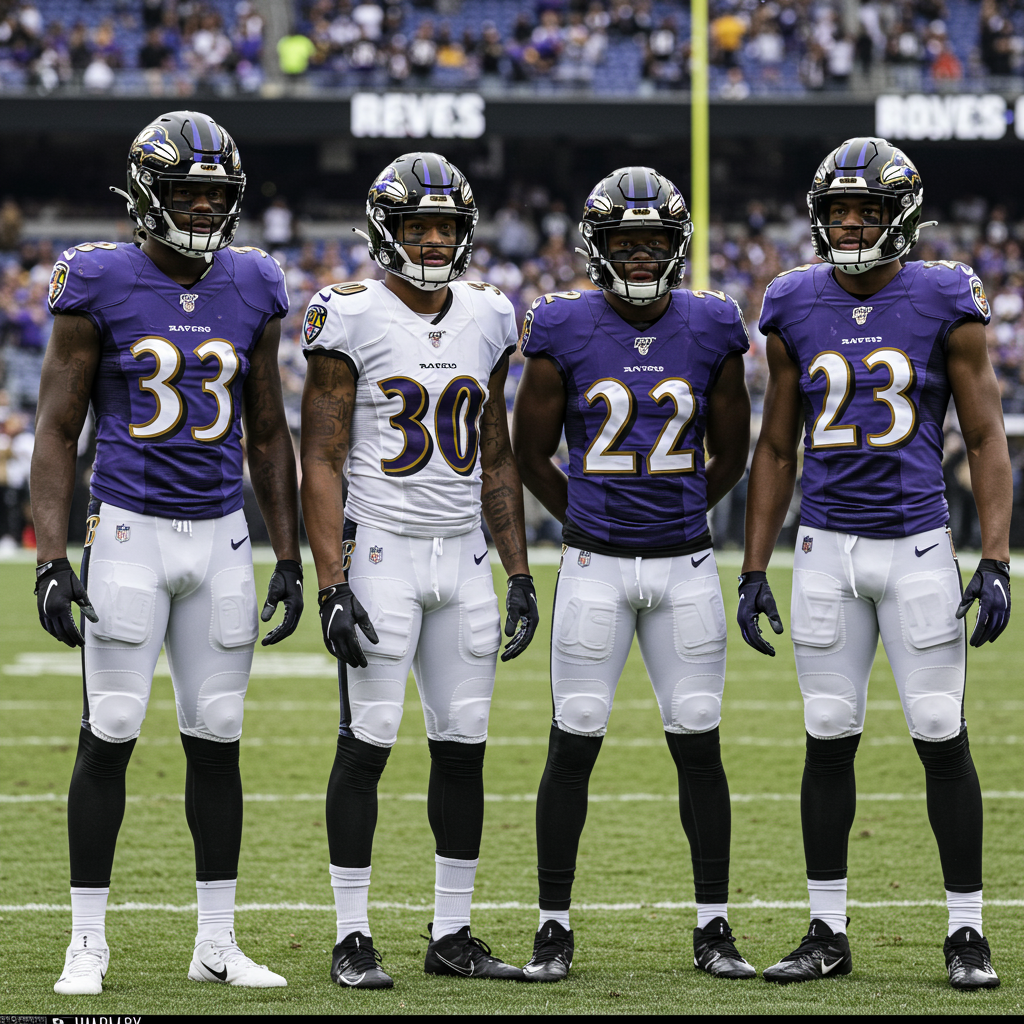In a dramatic turn of events shaking the boxing world, former middleweight champion Julio César Chávez Jr., son of Mexican boxing legend Julio César Chávez, was recently arrested by U.S. immigration authorities in Los Angeles. This high-profile detention occurred just days after his significant return to the ring against Jake Paul. Now facing the serious prospect of deportation from the United States, Chávez Jr.’s legal troubles extend across the border, as he is reportedly wanted on criminal charges in Mexico, adding yet another tumultuous chapter to his often-controversial career.
U.S. federal officials, including representatives from the Department of Homeland Security (DHS) and Immigration and Customs Enforcement (ICE), confirmed the arrest stemmed primarily from alleged immigration violations. They claim the boxer remained in the U.S. long after his tourist visa expired and filed false information on applications for permanent residency. This development highlights the complex legal landscape surrounding the athlete, intertwining immigration law with severe criminal allegations in his home country and a history of personal struggles.
Why Was Chávez Jr. Arrested?
The immediate cause for Julio César Chávez Jr.’s detention appears rooted in his immigration status in the United States. According to statements from U.S. federal agencies, the arrest centers on allegations that he violated the terms of his entry and attempted to gain legal residency through fraudulent means.
Officials assert that Chávez Jr. entered the U.S. in August 2023 using a B2 tourist visa. This visa had a limited validity period and reportedly expired in February 2024. Despite the expiration date passing, he allegedly remained in the country without authorization.
Allegations of Visa Violations and Residency Fraud
Further complicating his presence, DHS officials allege that Chávez Jr. submitted an application for lawful permanent resident status (a green card) on April 2, 2024. Authorities claim this application contained multiple fraudulent statements. The application was based on his marriage to his wife, Frida Muñoz, who holds U.S. citizenship. U.S. Citizenship and Immigration Services (USCIS) had previously flagged Chávez Jr. to ICE as an “egregious public safety threat” last year, although he was apparently allowed to re-enter the U.S. on January 4, 2025, prior to his eventual arrest. Authorities ultimately determined he was illegally present and subject to removal just one day before his fight against Jake Paul.
The actual arrest took place on Wednesday, July 2 or Thursday, July 3, 2025, outside his home in the affluent Studio City neighborhood of Los Angeles. His attorney, Michael Goldstein, recounted the scene, describing a significant federal agent presence, reportedly blocking off the street. Goldstein stated that officials took Chávez Jr. into custody without immediately informing his family of his whereabouts, describing the actions as “outrageous” and a tactic to “terrorize the community.”
Serious Allegations: Cartel Ties and Mexico Warrant
Adding a gravely serious layer to the case, U.S. and Mexican authorities have referenced alleged connections between Julio César Chávez Jr. and organized crime, specifically the powerful and violent Sinaloa Cartel.
U.S. officials reportedly hold the belief that Chávez Jr. is affiliated with the cartel. This suspicion appears linked, at least in part, to his marriage. His wife, Frida Muñoz, is the mother of a granddaughter of Joaquin “El Chapo” Guzman, the notorious imprisoned former head of the Sinaloa Cartel. Muñoz’s daughter, Frida Sofía Guzmán Muñoz, was from a previous relationship with Edgar Guzmán Loera, one of “El Chapo’s” sons who was killed in 2008. While reports suggest Muñoz later distanced herself from the Guzmán family, Chávez Jr. has publicly claimed a friendship with Ovidio Guzmán, another of “El Chapo’s” sons who faces federal charges.
Active Arrest Warrant in Mexico
Beyond the immigration issues in the U.S., Chávez Jr. faces substantial legal jeopardy in his native country. Mexico’s Attorney General’s Office has confirmed an active arrest warrant issued in March 2023 against an individual identified as “Julio C.” This warrant is tied to an ongoing investigation into allegations of organized crime and arms trafficking. A federal agent has reportedly confirmed that this “Julio C” refers specifically to Julio César Chávez Jr. As a result, Mexico has formally initiated extradition proceedings seeking his return to face these charges.
The confluence of these allegations in both countries presents a formidable legal challenge for the boxer. The potential for deportation from the U.S. intersects with Mexico’s desire to prosecute him for serious criminal offenses.
A Career Defined by Struggles and Legal Setbacks
Julio César Chávez Jr.’s professional boxing career, though reaching the pinnacle of the sport with a world championship, has been extensively marked by profound personal struggles and numerous legal entanglements in both the United States and Mexico. His journey has often been viewed through the challenging lens of operating under the immense shadow cast by his iconic father’s legendary status.
He has openly battled drug addiction for many years. This struggle has led directly to significant professional repercussions, including failed drug tests, lengthy disciplinary suspensions from boxing commissions, and recurring difficulties making the required weight for scheduled bouts. Questions regarding his overall dedication and discipline within the sport have been a frequent narrative throughout his career.
Despite these challenges, Chávez Jr. achieved significant success. He captured the WBC middleweight title in 2011 by defeating Sebastian Zbik. He successfully defended that title on three occasions before ultimately losing it to Sergio “Maravilla” Martinez in 2012. His career also included high-profile, albeit losing, contests against other elite fighters such as Canelo Álvarez in 2017. His professional record stands at 54 wins, 6 losses, and 1 draw, with 34 victories coming by knockout.
Prior U.S. Legal History
This recent immigration arrest is not Chávez Jr.’s first interaction with the U.S. legal system. In 2012, he was convicted of drunken driving in Los Angeles County. That conviction resulted in a sentence that included 13 days spent in jail.
More recently, in January 2024, he was arrested again in Los Angeles, this time on gun charges. Law enforcement reportedly discovered two AR-style ghost rifles at his residence. Conflicting reports emerged regarding this case; while one suggested a conviction for illegal possession and manufacture of an assault weapon, others indicated he was granted mental health diversion. He was released on a $50,000 bond under the condition that he enter a residential drug treatment facility. That case remains reportedly pending, with Chávez Jr. required to report regularly on his progress in treatment. An upcoming court date was scheduled related to this gun case and his substance abuse program progress just days after his immigration arrest.
His recent boxing match on June 28, 2025, in Anaheim, California, against Jake Paul, marked his return to the ring after approximately three years away. He lost that fight via decision. Notably, DHS officials stated they had actually determined he should be arrested on June 27, the day before the fight, although the actual detention occurred several days later.
Processing for Expedited Removal and Uncertainty
Following his arrest, U.S. immigration authorities announced that Julio César Chávez Jr. is being processed for “expedited removal” from the country. This procedure allows for the swift deportation of certain non-citizens based on specific criteria.
In the immediate aftermath of the arrest, on Thursday morning, his attorney, Michael Goldstein, stated that he did not yet know the specific location where his client was being held in detention. The family of Julio César Chávez Jr. has publicly issued a statement expressing their unwavering support for him. They voiced their “full confidence in his innocence” regarding the allegations. The family statement also requested that authorities be allowed to carry out their work unimpeded “without external pressure or speculation.”
The case has also drawn commentary reflecting differing political perspectives on immigration enforcement. DHS Assistant Secretary Tricia McLaughlin issued a statement seemingly linking the arrest to the current administration’s policies, remarking, “Under President Trump, no one is above the law.” She reportedly offered criticism of previous enforcement priorities, suggesting the case may be perceived through a political lens by some observers. Media coverage of the arrest has shown variations in tone and focus, sometimes influenced by the political orientation of the reporting outlet.
The situation surrounding Julio César Chávez Jr. remains highly dynamic and uncertain. He is simultaneously facing significant legal challenges on multiple fronts: potential rapid deportation from the United States, pending criminal charges and extradition efforts from Mexico, and a pending firearms case in Los Angeles connected to mandated drug treatment. The ultimate resolution of these interwoven legal battles will determine his future path.
Frequently Asked Questions
Why did U.S. immigration officials arrest Julio César Chávez Jr.?
U.S. immigration authorities, including DHS and ICE, arrested Julio César Chávez Jr. primarily due to alleged violations of immigration law. Authorities claim he overstayed a tourist visa that expired in February 2024, having entered the U.S. in August 2023. They also allege he submitted multiple fraudulent statements on an application for permanent residency (a green card) filed in April 2024, which was based on his marriage to a U.S. citizen. These actions led officials to determine he was illegally present and subject to deportation.
What are the alleged links between Chávez Jr. and the Sinaloa Cartel?
U.S. officials reportedly believe Julio César Chávez Jr. is affiliated with the powerful Sinaloa Cartel. This belief is partially based on his marriage to Frida Muñoz, who is the mother of a granddaughter of imprisoned Sinaloa Cartel leader Joaquin “El Chapo” Guzman. Chávez Jr. has also publicly stated that he is friends with Ovidio Guzmán, another of “El Chapo’s” sons who faces federal charges. Additionally, Mexico has an active arrest warrant for Chávez Jr. from March 2023 related to alleged organized crime and arms trafficking.
What happens next for Julio César Chávez Jr. following his U.S. arrest?
Following his arrest, Julio César Chávez Jr. is undergoing processing for “expedited removal” from the United States, which is a streamlined deportation process. Simultaneously, Mexico has initiated extradition proceedings against him based on their existing arrest warrant for alleged organized crime and arms trafficking charges. He also has a pending firearms case in Los Angeles from January 2024, tied to court-mandated drug treatment, with a court date scheduled shortly after his immigration arrest. His attorney was initially unaware of his detention location. His family maintains his innocence. The outcome hinges on the U.S. immigration proceedings and Mexico’s extradition request.



